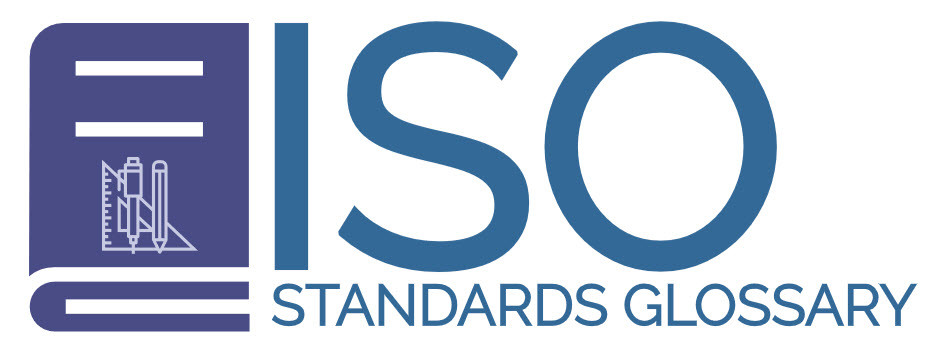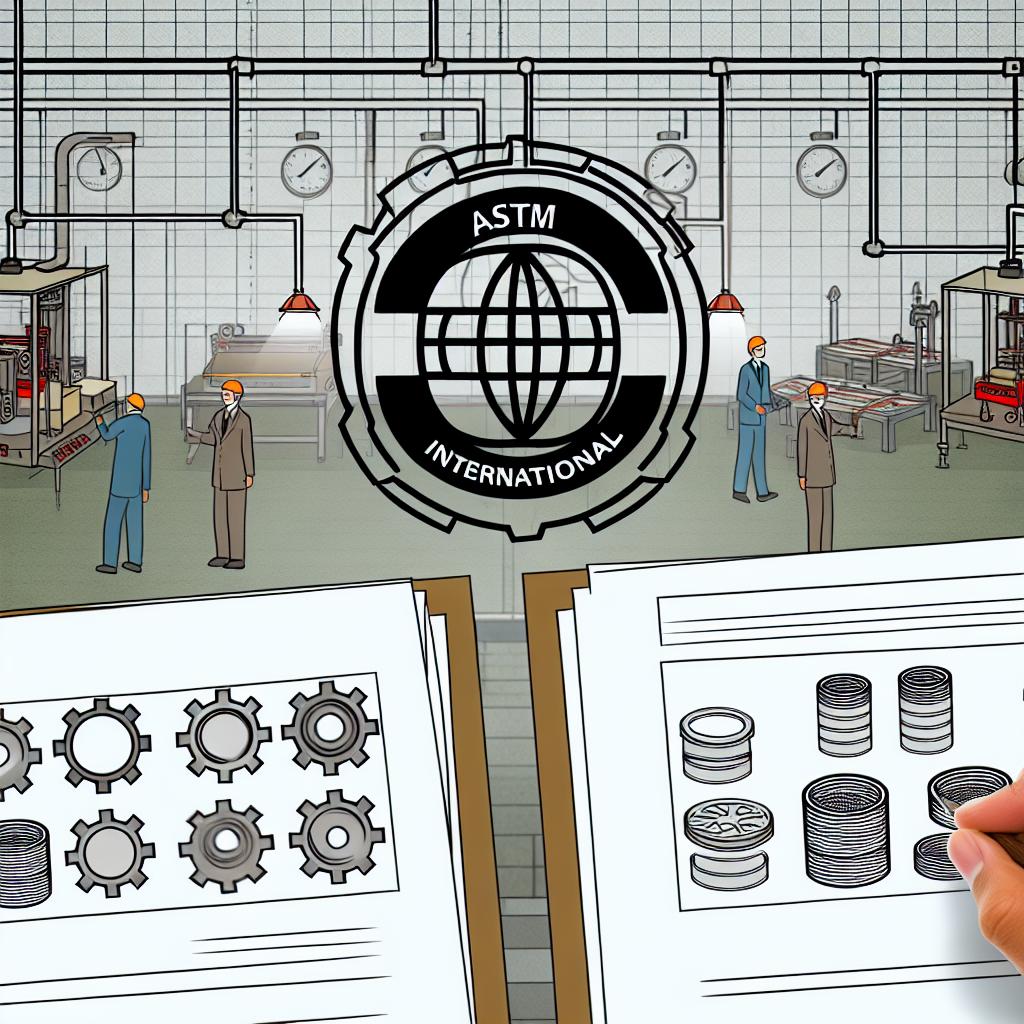The Foundation of ASTM International
ASTM International, formerly known as the American Society for Testing and Materials, is a key organization in the area of product standards development and dissemination. Founded in 1898, ASTM International has grown into one of the largest and most influential standards development organizations worldwide. It relies on the expertise of over 30,000 technical experts and business professionals from more than 140 countries to create and update voluntary consensus standards. These standards play a crucial role in the technical frameworks that underpin industries and markets globally.
Core Functions and Objectives
The primary mission of ASTM International is the facilitation of the development and continual enhancement of product standards. The organization focuses on establishing benchmarks for quality, safety, and product performance that are critical in ensuring products meet regulatory requirements and consumer expectations. By doing so, these standards foster trust and reliability across global marketplaces.
ASTM International’s standards serve as a bridge, connecting various sectors within the business landscape by providing a common language through which product compliance and safety are assessed. This is essential in today’s interconnected markets, where products often cross borders before reaching their final destination. As such, the role of ASTM International extends beyond mere technical specifications; it is integral to the maintenance of consumer confidence and operational integrity within industries.
Standards Development Process
The process by which ASTM standards are developed is marked by transparency and inclusiveness. Initially, the proposal of a standard can be made by any ASTM member, reflecting the democratic nature of the organization. This proposal undergoes rigorous scrutiny through technical committees composed of a diverse group of experts from different fields. The collaborative environment that defines this process ensures that the resulting standards are robust and applicable across a variety of scenarios.
One distinguishing feature of ASTM standards is their voluntary nature. Companies are not legally required to adhere to these standards; however, compliance is frequently viewed as an indication of quality and reliability. In a competitive global market, adherence to ASTM standards often imparts a strategic advantage, as it demonstrates a commitment to best practices in product quality and safety.
The inclusive standard development process also allows these standards to evolve with emerging technologies and market needs. Consequently, the standards are not static but rather dynamic, adapting to modern challenges and technological advances, thereby remaining relevant and useful.
Impact on Global Industries
ASTM International’s influence spans a wide array of industries, from construction and petroleum to steel, textiles, and consumer goods. Each of these sectors relies on ASTM standards to set quality benchmarks. In the petroleum industry, for example, ASTM standards are vital for establishing parameters for fuel and lubricant testing. These standards ensure that products conform to safety and environmental requirements, which are central concerns for the industry. In the construction sector, the standards help assure the safety and durability of materials used in building projects, demonstrating how ASTM standards safeguard structural integrity.
Through its standards, ASTM International underpins various facets of product development and quality assurance. Whether it’s ensuring the efficacy of medical devices or the safety of children’s toys, ASTM standards provide the framework necessary for assessing product compliance. This further illustrates the broad reach and fundamental nature of these standards in safeguarding quality across industries.
Importance of International Collaboration
Though headquartered in the United States, ASTM International embraces a global outlook in its standard development efforts. This global perspective is achieved through strategic collaboration with other international organizations such as the International Organization for Standardization (ISO) and the International Electrotechnical Commission (IEC). Through these partnerships, ASTM aligns its standards with global best practices. This alignment is crucial for promoting international trade and ensuring that products from the United States can compete effectively on the international stage.
International collaboration also helps in recognizing and integrating the unique needs and practices of different regions, ensuring that ASTM standards are globally relevant and applicable. The global applicability of these standards is particularly significant in industries where cross-border trade is prevalent. By participating in a worldwide dialogue on standards development, ASTM helps foster a cooperative international marketplace.
Moreover, ASTM International’s commitment to international collaboration highlights its adaptability in the face of global challenges. By crafting standards that are recognized globally, ASTM fosters innovation and efficiency in global markets, driving industrial growth and encouraging consumer confidence.
For a comprehensive view of ASTM International and its role across various sectors, it is recommended to explore their official website which provides further insight into their ongoing projects, publication of standards, and the wide network of professionals involved.
In conclusion, ASTM International serves as an indispensable entity in the realm of volunteer consensus standards that enhance product quality, safety, and efficiency. Its unwavering commitment to innovation and international collaboration has rightfully established it as a leader in standards development. Through its efforts, ASTM enables the growth of industries worldwide and fosters a marketplace characterized by trust and reliability. The organization’s role in shaping standards is instrumental in ensuring that products are safe, effective, and aligned with international expectations, ultimately playing a vital part in advancing global industrial development.

